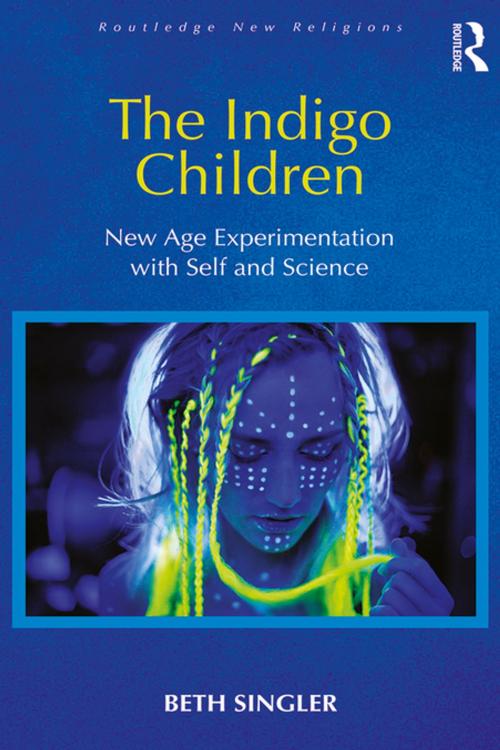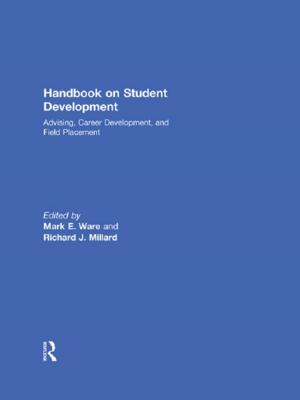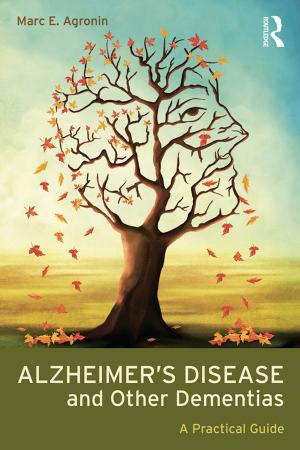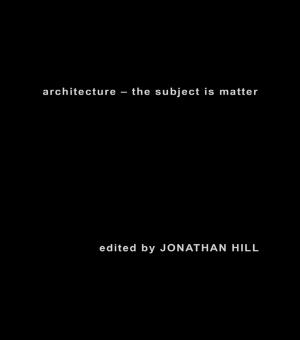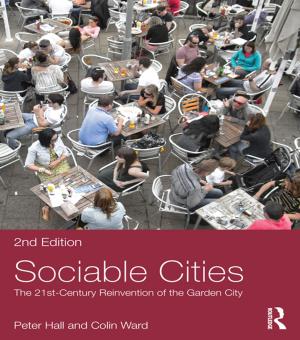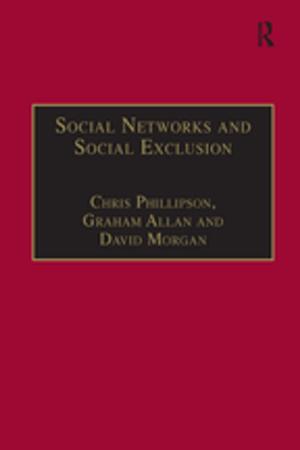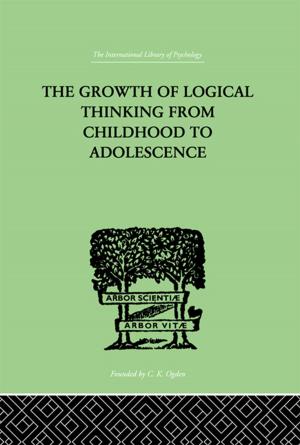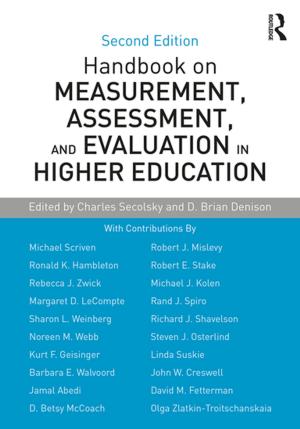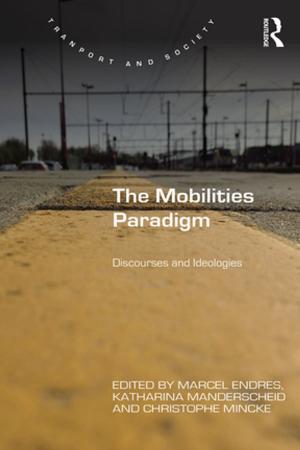The Indigo Children
New Age Experimentation with Self and Science
Nonfiction, Social & Cultural Studies, Social Science, Sociology, Marriage & Family, Religion & Spirituality| Author: | Beth Singler | ISBN: | 9781351587310 |
| Publisher: | Taylor and Francis | Publication: | September 18, 2017 |
| Imprint: | Routledge | Language: | English |
| Author: | Beth Singler |
| ISBN: | 9781351587310 |
| Publisher: | Taylor and Francis |
| Publication: | September 18, 2017 |
| Imprint: | Routledge |
| Language: | English |
The Indigo Child concept is a contemporary New Age redefinition of self. Indigo Children are described in their primary literature as a spiritually, psychically, and genetically advanced generation. Born from the early 1980s, the Indigo Children are thought to be here to usher in a new golden age by changing the world’s current social paradigm. However, as they are "paradigm busters", they also claim to find it difficult to fit into contemporary society. Indigo Children recount difficult childhoods and school years, and the concept has also been used by members of the community to reinterpret conditions such as Attention Deficit Hyperactive Disorder (ADHD) and autism. Cynics, however, can claim that the Indigo Child concept is an example of "special snowflake" syndrome, and parodies abound.
This book is the fullest introduction to the Indigo Child concept to date. Employing both on- and offline ethnographic methods, Beth Singler objectively considers the place of the Indigo Children in contemporary debates around religious identity, self-creation, online participation, conspiracy theories, race and culture, and definitions of the New Age movement.
The Indigo Child concept is a contemporary New Age redefinition of self. Indigo Children are described in their primary literature as a spiritually, psychically, and genetically advanced generation. Born from the early 1980s, the Indigo Children are thought to be here to usher in a new golden age by changing the world’s current social paradigm. However, as they are "paradigm busters", they also claim to find it difficult to fit into contemporary society. Indigo Children recount difficult childhoods and school years, and the concept has also been used by members of the community to reinterpret conditions such as Attention Deficit Hyperactive Disorder (ADHD) and autism. Cynics, however, can claim that the Indigo Child concept is an example of "special snowflake" syndrome, and parodies abound.
This book is the fullest introduction to the Indigo Child concept to date. Employing both on- and offline ethnographic methods, Beth Singler objectively considers the place of the Indigo Children in contemporary debates around religious identity, self-creation, online participation, conspiracy theories, race and culture, and definitions of the New Age movement.
